Hi! It’s konkaz (@konkazuk) here.
If you have already worked on expressing your current situation/feelings” with “Eigo-jiru vol.11”, this blog post will be the next stage for you.
This time, we are going to try expressing our desires/demands” in English.

It may be a very basic skill, however, expressing one’s desires/demands is essential for survival.
To be able to get your demands or needs across to the other person in important situations, let’s practice regularly with the method of “self-talk”!
Conveying your desire to others using a word “want”!
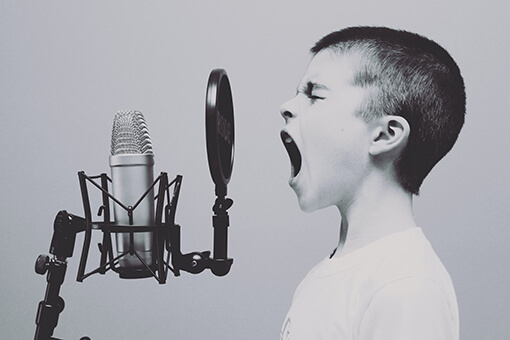
Japan is the country where people take care of others to a considerable extent, therefore, whichever shop you go, you will be treated with a certain level of customer service, and it is a commonplace for people to take other people’s feelings into account.
However, this common sense doesn’t apply once you step outside of Japan.
In order to ensure that you get what you want, it is important to convey your desire to others clearly.
I want + noun

First, let’s begin with a basic structure to express our desire which is…
I want + noun
Some of you might think like… “this is so basic!” but do not underestimate it!
Even if you can say it in your head, if you can’t say it out loud, it won’t convey anything to the other person.
Anyway, let’s get started with some example sentences and be sure to read them out loud.
I want a glass of water.

The sentence is very much related to the previous article on “expressing your current situation”, isn’t it?
I am thirsty.
⬇︎
I want a glass of water!
Let’s try with some other type of drinks…
I want a cup of tea/coffee.
I want a tin of Coke/Fanta.
I want an ice-cold beer!

I want something ~

Now, this time you don’t know exactly what you want, so, for the time being, you can put “something” after “I want”, and it will be…
I want something.
And then, to make it sound more specific, you can simply add “to + verb” to it…
so, if what you want is a drink, you add “to + drink” and it will be…
I want something to drink.
Now, you might want to tell what kind of drink you want as well…
This time, you can add “adjective” after “something” just like…
I want something hot to drink.
I want something fizzy to drink.
If you fancy having some food, then…
I’m hungry.
⬇︎
I want something to eat.
⬇︎
I want something spicy to eat.
or
I want something light to eat.
or
I want something rich to eat.
If you are bored, then…
I’m bored.
⬇︎
I want something funny to watch.
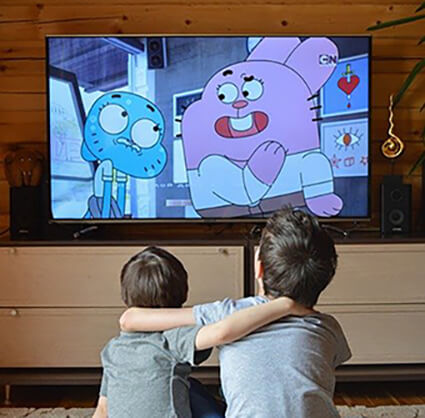
Using demonstrative pronoun

Right. We’re moving on.
Although you may not have much opportunity to use the following sentences with self-talk, they are the simplest way to convey what you want, which is using demonstrative pronouns with your finger pointing at it, just like…
I want this!
(The situation could be when you are ordering something in a restaurant…)
or
I want that!
(The situation could be when you are pointing at something you can’t really reach in the shop…)
If you want the same thing as what other people have…
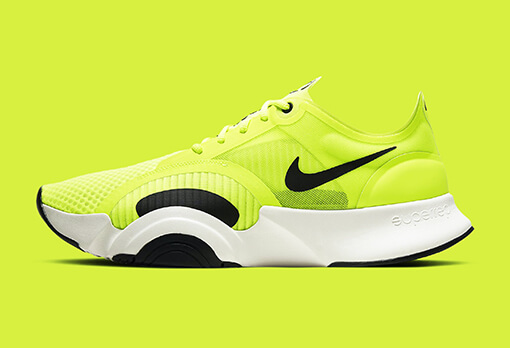
Here is another useful structure you can use, and this is for when you are interested in someone else’s property.
the same + (object) + as + (the object owned by someone else)
For example…
I want the same dress as what she is wearing.
(dress = what she is wearing)
I want the same shoes as what he has got.
(shoes = what he has got)
While in a restaurant, you see the lady next to you having tasty-looking food and you feel like having the same one.
You might say…

I want the same dish as what she is having.
(dish = what she is having)
I want the same dessert as what she has just ordered.
(dessert = what she has just ordered)
Or you can simply use the word “thing” like…
I want the same thing as what she has.
I want + “to have”
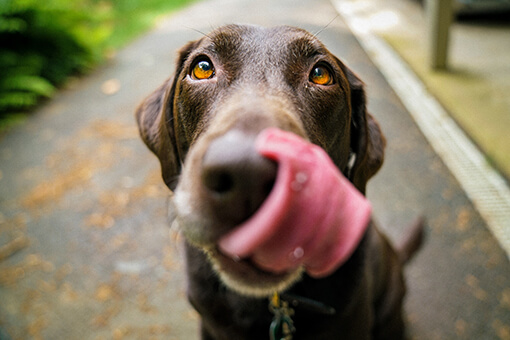
Right. We’ve been working on the structure of “I want + noun” up to this point, and…
Although there is nothing wrong with this structure at all, the expression can sound slightly “direct” if you are always saying like…”I want this!” “I want that!”…
Therefore, to make it sound “less barbaric” without changing its meaning, you can simply attach “to have” after “want”, and this will bring the phrase closer to “want to possess what you want” in terms of connotation.
Let’s see the difference.
I want a glass of water.
I want to have a glass of water.
It may look like the one differentiates from the other with a subtle nuance, however the first one sounds more desperate while the second one conveys a more composed tone.

Basically, it is a matter of the level of emotion, so if you are in a calm state, it is better to speak with “to have” attached!
I want to have a cup of coffee.
I want to have something to drink.
I want to have the same hat as what he is wearing.
Furthermore, by using “have” in a sentence, it becomes easier to create a form of inquiry. (You can use the original sentence as is.)
I want to have a glass of water.
⬇︎ (natural flow)
Can I have a glass of water?
Therefore, let’s use “have” together in our daily conversations!
“I want to 〜”/ “I want to be 〜“

Right.
In addition to wanting to possess something, there are other types of desires such as wanting to do something or wanting to become something.
We are going to check them out as well.
I want to + verb

First, we are going to work on the structure of…
“I want to + verb“.
The phrase “I want to have 〜” that we’ve just worked on towards the end of the previous section, is also one of the forms of this structure.
Example sentences could be…
I want to eat some biscuits.
I want to go to bed.
I want to go to the toilet.

I want to see my friends.
I want to travel around the world.
Think about what you want to do and create as many sentences of your own as possible simply by adding some verb to “I want to”…
Hey! Have you been reading the example sentences aloud?
There is just no point in reading them in your head, if your goal is to be able to speak…

Without voicing, the “pipe” (connection) between your brain and your mouth will not be established!”
I want to listen to the music.
I want to go to the shop to buy some milk.
I want to know his secret.
By the way, we used the expression of adding “something” after “I want” earlier, however, if you have a more specific desire “to do something” rather than a vague feeling of “something”, you can begin with verbs just like…
I want to drink something hot.
I want to eat something spicy.
I want to watch something funny.
Anyway, try applying the verbs you know to the form “I want to 〜” and voicing out what you want to do more and more.
💠 note
Regarding the pronunciation of “w” with the word “want”, it is often spelt as 「ウォント」in Katakana. When you pronounce the word starting from the letter “w”, such as “wood”, “what” and so on, it is recommended that you pucker up your mouth relatively firmer than when you pronounce ”ウ” (=Japanese alphabet in Katakana ; equivalent of “u” with English alphabet.)
The first phonetic symbol of the words starting from the letter “w” is actually [w],therefore, strictly speaking, it should be spelt as “ヲント” [wont] rather than “ウォント” [uont] in Katakana.


It’s also worth referring to the “mouth shape” when you see native speakers pronouncing words starting with ‘w’ in the film or other sources.
Overcoming the pronunciation of “w” might help you see how to pronounce words that start with the letter “R”, which could also contribute to sorting out Japanese speakers’ well-known issue of mixing up “L” & “R” in the future. Therefore, let us remember to start by puckering our lips and applying some pressure when we pronounce the words that start with “w”.

I don’t want to 〜

Let us try some more with negative form, too…
All we have to do is to put “don’t”between “I” and “want”.
I don’t want to wake up early tomorrow.
I don’t want to pick up the phone.
I don’t want to stay here.
I don’t want to go to work.
I don’t want to lose.
Following this example, try fitting in the verbs you know and then speak out the “things you don’t want to do”.
“I want to be + noun/adjective”

So far, we have been practicing expressing our desires in the form of “I want to do something”, but now let’s move on to the expression ‘I want to be in a certain state’ using the form of “I want to be 〜”.
Have a look at some examples…
I want to be happy.
I want to be a millionaire.
I want to be a doctor.
I want to be a volleyball player.

I wanna be your boyfriend. 〜♪
This is one of the popular songs by the New York punk rock band “Ramones” from the 1970s, isn’t it?”
Mmm?
Hang on a minute… Here you can see that “want to” has been spelt as “wanna“, hasn’t it?
Actually, this form is a frequently used colloquial expression where “want to” is shortened to “wanna”. It’s tempting to use it, thinking “it sounds cool, I’ll use it too!” but for beginners, it’s recommended to first learn how to speak “want to” correctly before moving on to using “wanna”. Especially in British English, the “t” sound is crucial.
By the way, the band called “The stooges” which has been led by the iconic frontman “Iggy Pop” recorded the song called
I wanna be your dog
in 1969. w
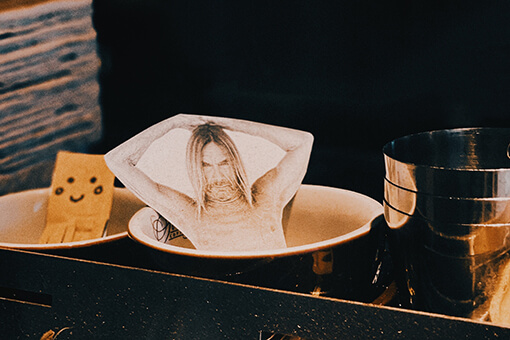
And also, the British rock band called “The Stone Roses” recorded a song called
I wanna be adored
which appears on the 1st track of their debut album.
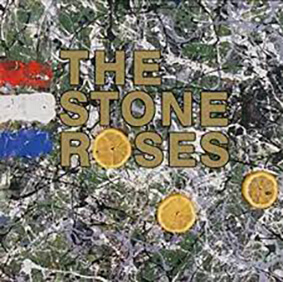
“Adore” is a verb, but it can also be used in the passive voice (in the form “be + past participle”) to create a situation that functions like an adjective, such as “beautiful,” “red,” or “happy.”
I want to be loved.
I want to be satisfied.
I want to be chosen as a member of the group.
I don’t want to be left alone.
I don’t want to be sent to prison.
…
Hello there!
Have you been reading them aloud???
And… finally, I would like to note here that you can also use an ordinary verb “become” in stead of “be-verb”, since both have the same functionality.
I want to become a football player.
I don’t want to become poor.
I want to become a good mum.
“I want + someone + to + verb”, etc.

Right.
Up to this point, we have been focusing on the structure ‘I want to + verb.’ However, in some cases, your desire or demand may involve a situation where someone else is doing something for you.”
In this case, we can use the structure of “I want + someone + to + verb”
Personal pronouns such as you, him, her, them and other terms such as a name or “those people” can be used to replace the word “someone” in the structure above.
For example…
I want you to come with me.
I want him to cook today’s dinner.
I want her to stay longer.
I want them to go home.
I want Jim to give her a shout.
Let’s try some negative ones, too…
I don’t want you to hate me.
I don’t want him to forget what happened today.
I don’t want her to break my bicycle.
I don’t want them to come to my party.
I don’t want Lucy to regard me as a dishonest person.
Again, try to create your own version with the structure above and say them aloud!
By the way, you can actually apply “objects” or “pronouns” as well instead of using “personal pronouns”.
I want my artwork to be seen by lots of people.

I want it to be kept untouched.
I want the wall to be painted yellow.
With negative forms…
I don’t want the show to fail.
I don’t want those apples to fall from the tree.
I don’t want the same thing to happen again.
There are another similar situations where other people are involved in doing you a favour by fixing your property or some parts of your body.
However, I will refrain from introducing this here, as it could become too much, and instead, I will feature it in a separate blog post at another time.
I would like to 〜

And finally…
You can use “I would like to 〜” instead of “I want to 〜” for a slightly more formal tone (although many people use it in their everyday conversations).
When you go to the restaurant, you will be asked like…
What would you like to drink, madam?
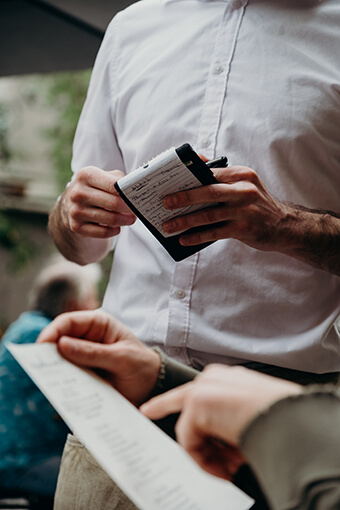
Would you like to have some dessert?
then, you can reply like…
I would like to have an Asahi beer, please!
I would like to have a scoop of vanilla ice cream, please!
Get used to this expression by creating your own examples and saying them aloud, because you will be definitely using this at some point in the future. ✨
Well, this is it for “expressing our desires/demands”.
When a desire comes to mind in your daily life, mutter it out with “want” to yourself!
Thank you for reading this till the end.
konkaz
You can read this blog post in Japanese from the link below.
👉 まずは、英語で自分の欲求を伝える事ができるようになろう!《英語汁 第12号》

